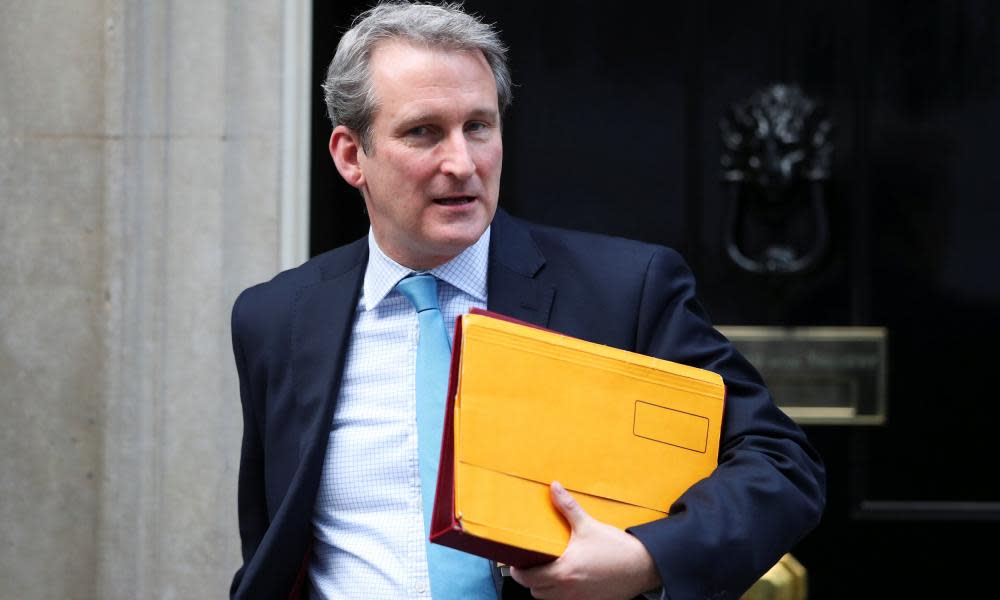Education secretary focuses on 'soft skills' in first big speech

Damian Hinds, the new education secretary, has said schools should aim for an ethos that develops pupils’ character, resilience and workplace skills as he gave his first big speech in the job.
Hinds, who took over from Justine Greening two weeks ago, said there was nothing easy about so-called “soft skills” that help pupils get on throughout their life and in their jobs.
He said qualifications and exams were important but “not the whole picture when it comes to what you learn and achieve”.
“There is much outside the relevant qualifications which matters a great deal as well,” he told the Education World Forum seminar in London.
“That you believe that you can achieve, that you can stick with the task at hand and that you understand the length there is between the effort you make now and the reward that may come in future and the resilience to bounce back from the knocks that inevitably life brings.”
The education secretary said the ethos of schools was particularly important as “what happens in sport, public speaking, voluntary work and so on will have an effect on character and resilience”.
Hinds has recently been tipped as a potential prime minister by Michael Gove, his predecessor who is now the environment secretary, and Nick Timothy, the former co-chief of staff to Theresa May, who ran the New Schools Network.
Hinds gave a general vision of his outlook towards education at the conference, speaking without a script and pacing the stage.
However, he did not go into details about his views on specific policies such as the school funding formula, tuition fees, plans to make relationship and sex education compulsory, free schools and selective education or whether he will lift the 50% cap on faith schools admitting pupils from one faith.
Hinds focused his speech on the need to prepare pupils for the workplaces of the future and claimed technology could help bring down the burden placed on teachers.
“Technology must have a role in our sector, as it does in other sectors, to be able to ease workload, which is a matter I know of great importance to teachers in this country and quite rightly so. I share their drive to wish to work on that,” he said.
He said technology also provided opportunities “to track and monitor the progress of pupils” and to “bring new types of content” to students but promised it would never replace the role of teachers.
He also criticised the education policies of the last Labour government and praised those brought in by Gove under the coalition.
He accused pre-2010 education policies of leading to “year-on-year grade inflation” and claimed “all too often the expectations there for young people from disadvantaged backgrounds were not high enough”.
Hinds said the coalition government had brought a “new rigour to GCSEs and A-levels, [to] really focus on the core subjects that we know are the enabling subjects that open up possibilities – English, maths, science, the humanities and languages”.

 Yahoo News
Yahoo News 
